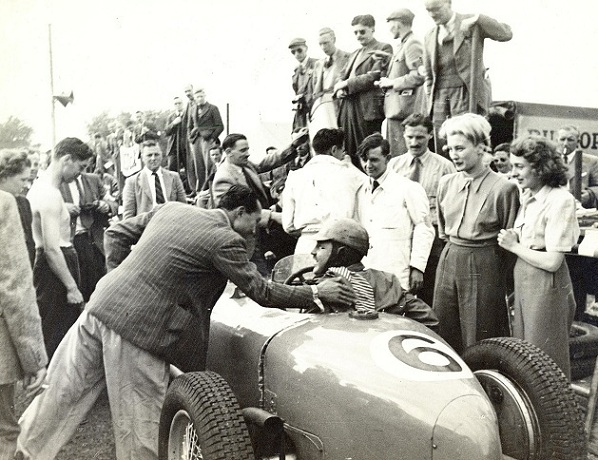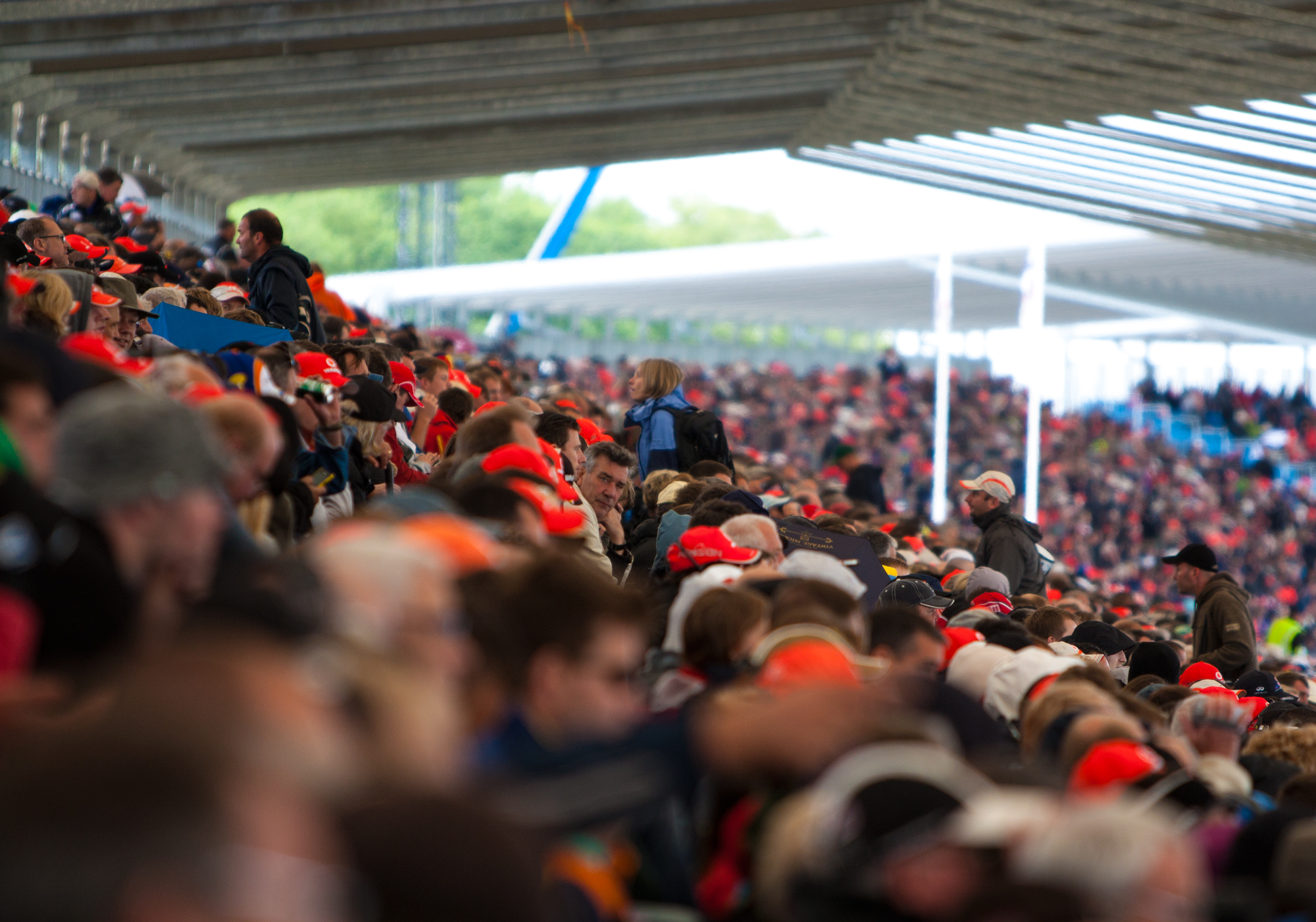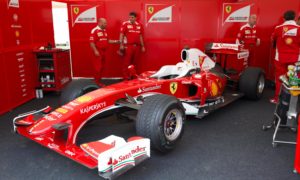What could be more glamourous than having a job where you get to fly around the World with all expenses paid, get to work with cutting edge technology, and produce some of the latest and greatest technological innovations? The best drivers, brains and marketing gurus are all drawn to the Formula 1 world, often gaining huge publicity and credit. And then there are the mechanics.
Mechanics as a rule don’t come into Formula 1 looking for their fame and fortune – they often work incredibly long hours with little recognition. Countries are often seen from inside the airport, the hotels and the transportation – nothing glamourous about that! However all mechanics have the passion and enthusiasm for some of the World’s greatest cars and that’s where the motivation lies.
Many of us would love to work with such objects of beauty. But how do you become a Formula 1 mechanic? There is no one path – as with most things, it’s a case of working hard in the right subjects, and being in the right place at the right time.
Most mechanics speak English, and English is the most common communication medium in teams, so a good grasp of English is essential. Natuarally, technical know-how is also important, so taking some sort of technical course and then gaining some hands-on experience in the field will help. Amateur rallying, helping out at go-kart tracks or entering your car into a junior race series are some of the options to consider. It’s not just about being the top rung of the ladder – a good garage mechanic will also probably be a good race mechanic as the basic principles between road cars and F1 cars are virtually the same.
Races can be won or lost by the mechanics – they can change an engine within half an hour if they spot something is wrong. Mechanics will spend a lot of time checking and examining the engine to ensure everything is perfect. A nightmare scenario would be having a breakdwon that could have been prevented with a little more care or attention.
Mechanics are normally in their 30s – they still have the drive and passion, but also the experience and technical know-how. There are older mechanics but they tend to a rarer breed – being an F1 mechanic isn’t just a job – it’s a way of life, and it tends to play havoc with family life. There will come a time when your family will outweight your racing passion and this is when mechanics will retire from the greatest circus on Earth.








